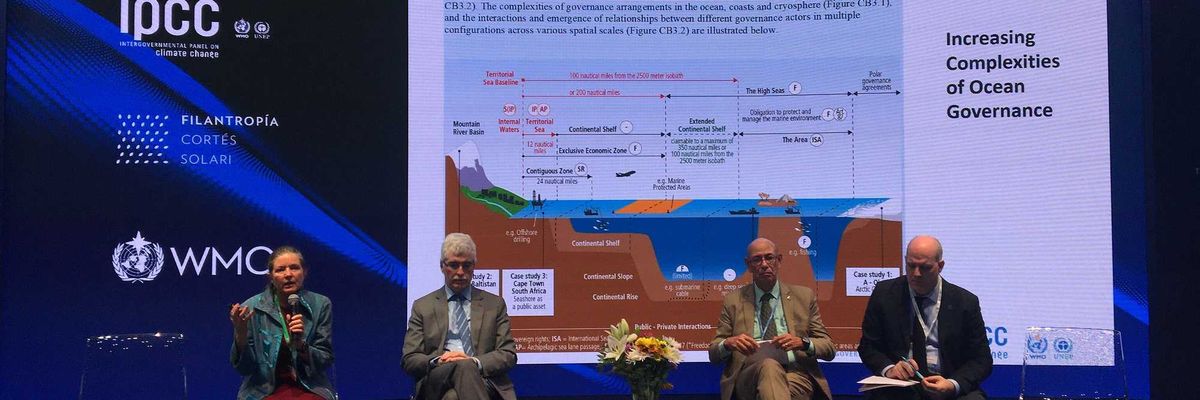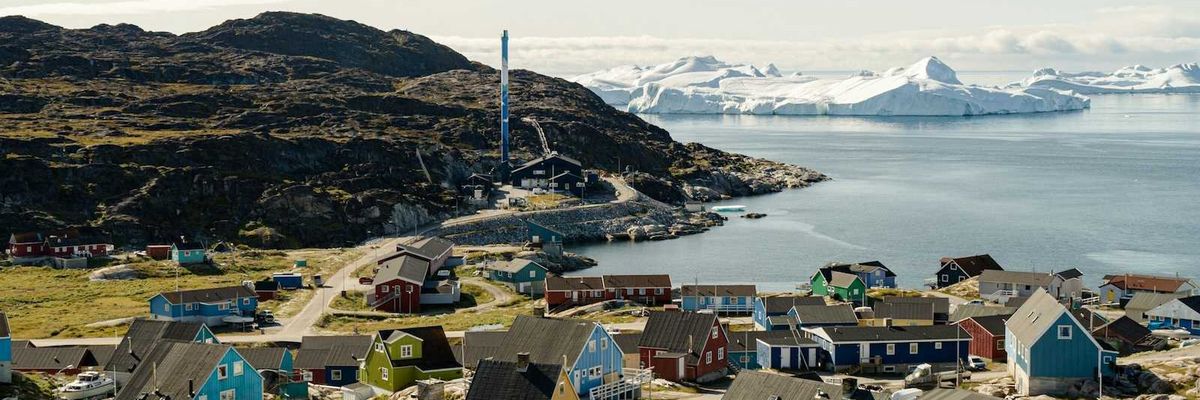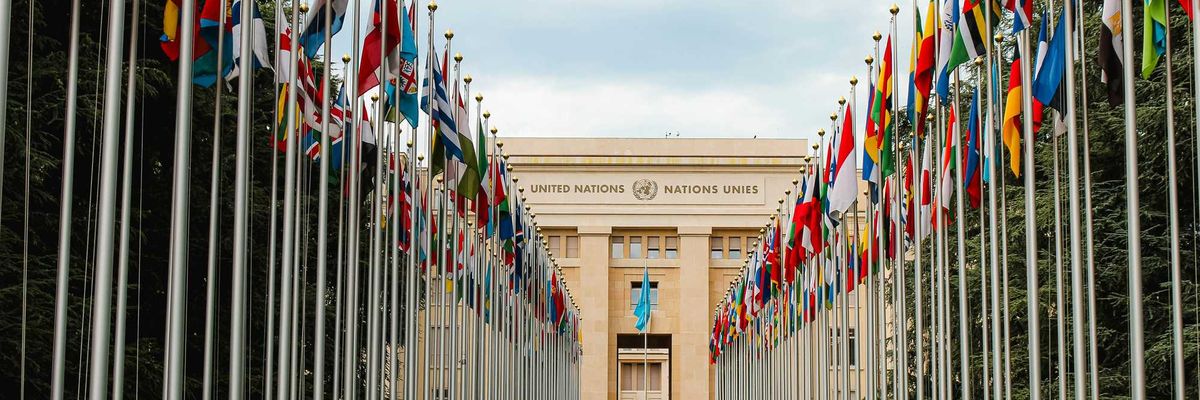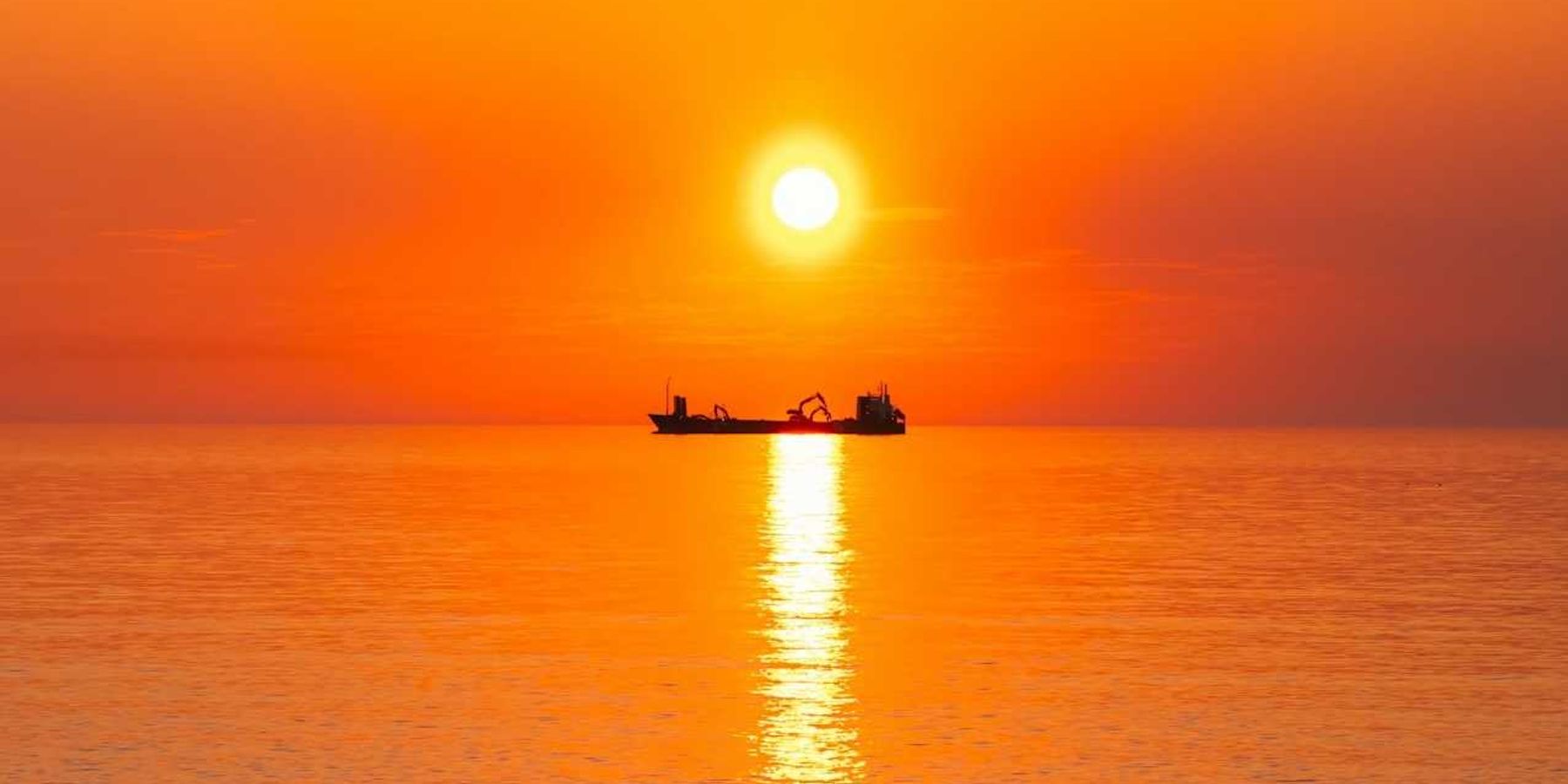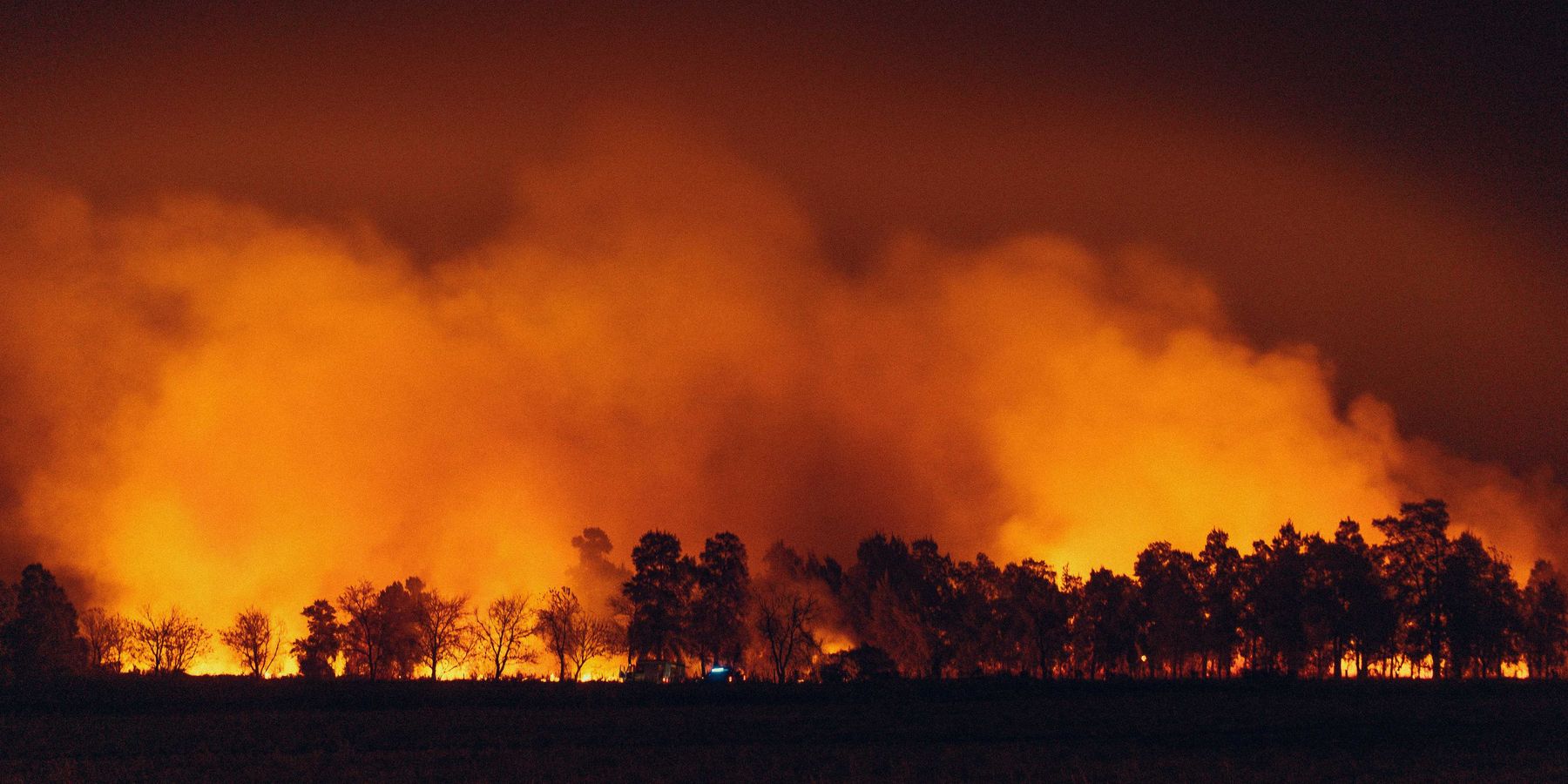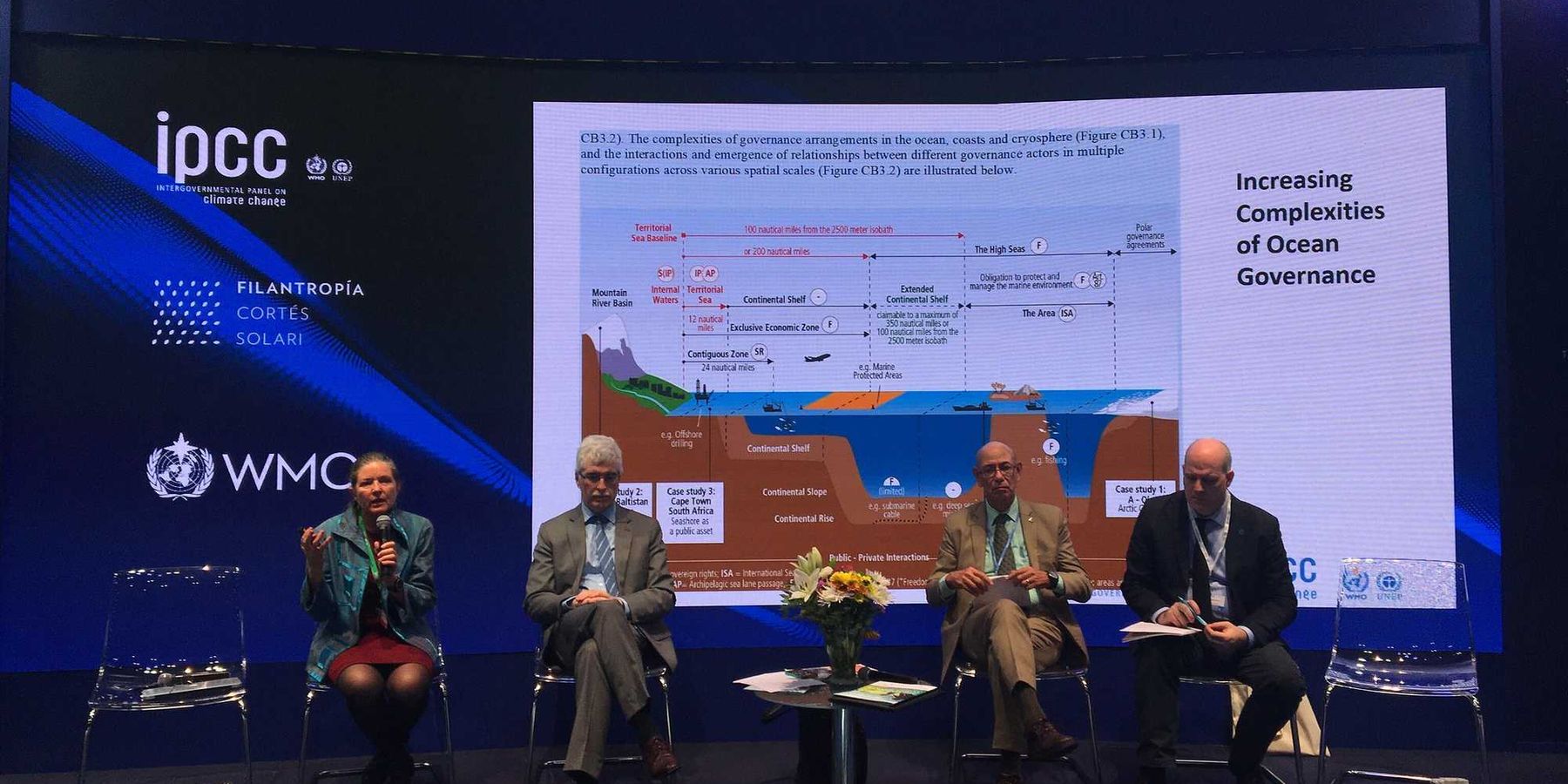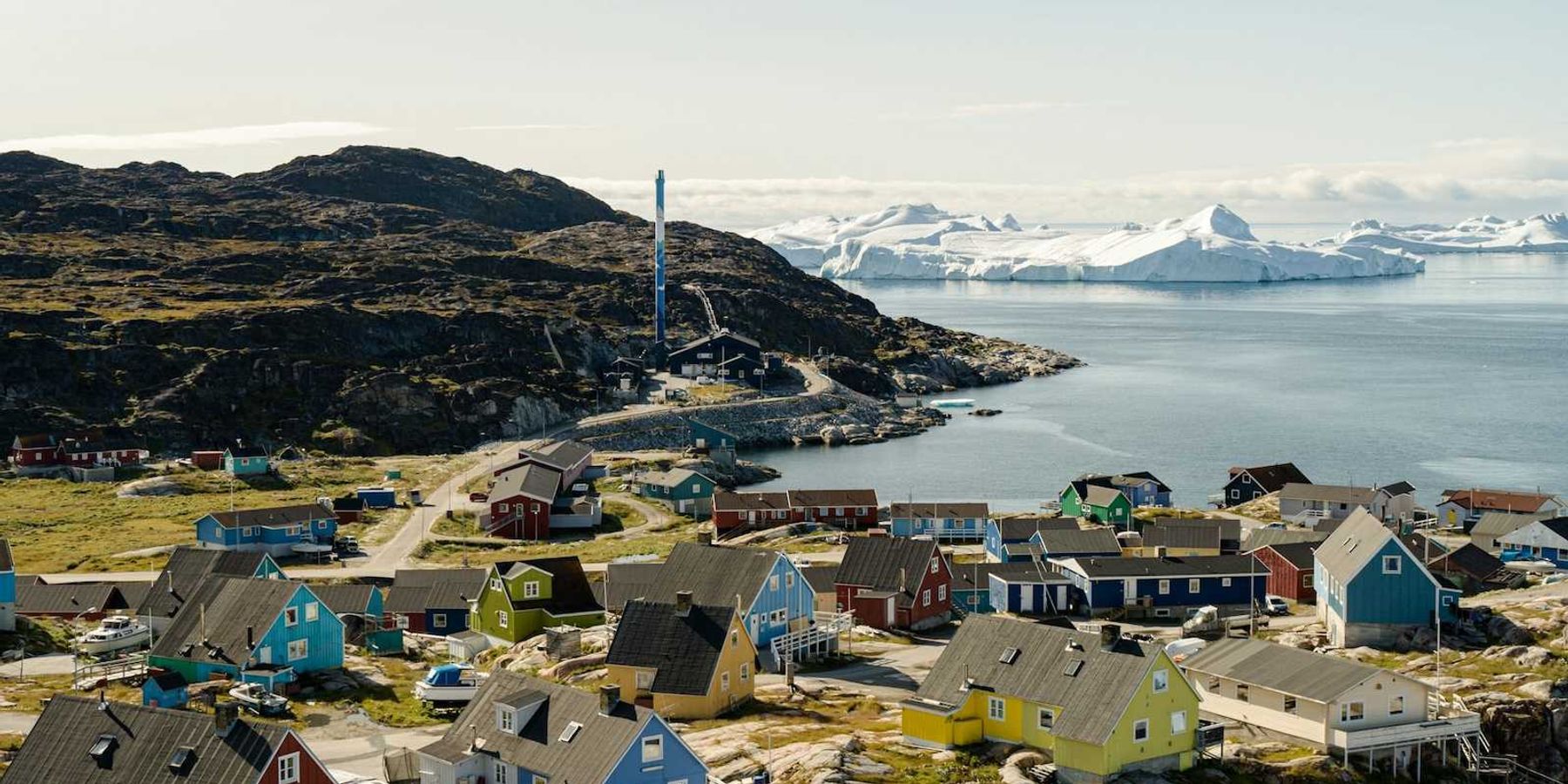crimes
Disguised ownership helps Amazon deforesters evade penalties
Land grabbers in the Amazon use front people to avoid environmental accountability, complicating enforcement efforts by authorities, reveals a new investigation.
In short:
- Amazon land-grabbers like José Carlos Bronca, a Brazilian agribusinessman, employs fronts, typically relatives or unsuspecting individuals, to register land to circumvent fines and legal consequences.
- These tactics significantly hinder environmental agencies, such as Brazilian's IBAMA, from prosecuting offenders, often leaving fines unpaid and crimes unpunished.
- Bronca's manipulation of land titles and registration obfuscates his involvement, even as authorities increase efforts to tie deforestation back to him.
Key quote:
“You go to look for the assets that are in the citizen’s name and you don’t find anything, and that’s all there is to it.”
— César Guimarães, superintendent of IBAMA in Rondônia
Why this matters:
Using fronts to register land enables significant deforestation with minimal legal repercussions for the true landowners, undermining environmental conservation efforts. This tactic dilutes the effectiveness of legal sanctions and frustrates efforts to hold violators accountable.
Be sure to read EHN’s 2020 coverage: Massive, vital ecosystems that have existed for thousands of years could breakdown in just a few decades, according to a new study.
Winter storms linked to increased domestic violence, study finds
A devastating winter storm in Texas heightens the risk of domestic violence, trapping victims with their abusers and limiting access to help, reports
In short:
- Research indicates that natural disasters exacerbate intimate partner violence, as victims find it harder to seek support.
- Disasters like wildfires and hurricanes, fueled by climate change, could make these situations more common.
- Federal disaster response lacks preparation for addressing intimate partner violence during emergencies.
Key quote:
“The level of toxicity and abuse was condensed. The accusations or outbursts of anger that would have taken three weeks were condensed to five days.’’
— Michelle J. Abdelnoor
Why this matters:
Natural disasters can create significant emotional distress and anxiety. The loss of homes, livelihoods, and loved ones can heighten tensions within households. For individuals with a predisposition toward violence, these stressors may lead to an increase in abusive behaviors as a misplaced outlet for their frustration and fear.
Ecoanxiety. Ecoparalysis. Solastalgia. Call it what you want— when it comes to climate change and mental health, the future is now.
Fossil fuel firms face potential homicide charges over climate deceit
As climate activists label climate change not as a tragedy but a crime, there's a growing call to prosecute fossil fuel companies for homicide, citing their deep knowledge of—and deceit about—the catastrophic impacts of their products on global warming.
Aaron Regunberg and David Arkush report for The New Republic.
In short:
- Fossil fuel giants have knowingly contributed to climate change while misleading the public and are now facing lawsuits and calls for criminal prosecution.
- Legal strategies are shifting towards treating their actions as criminal, with charges like fraud and homicide being considered due to their significant impact on global warming.
- Civil litigation remains crucial, but criminal law offers a unique avenue to enforce moral and societal norms, pushing for substantial corporate reform.
Why this matters:
The battle against fossil fuel companies transcends legal realms into moral and ethical grounds. It represents a pivotal moment in addressing climate change, aiming to correct systemic injustices and push for meaningful environmental policy changes. This approach not only seeks to mitigate future damage but also redefines corporate responsibility in the age of climate awareness.
Be sure to read Cami Ferrell’s newest article: Fossil fuel combustion and plastic production has increased more than 15 times since the 1950s and resulting exposure is linked to rising rates of cancer, neurodevelopmental issues and infertility.
Child maltreatment rates rise when it gets hotter
As temperatures rise, so does the maltreatment of children, according to a new study. The study, released as a National Bureau of Economic Research working paper, offers new insights into how climate change will affect child welfare.
An Iowa meteorologist started talking about climate change on newscasts. Then came the harassment
The harassment started to intensify as TV meteorologist Chris Gloninger did more reporting on climate change during local newscasts — outraged emails and even a threat to show up at his house.
UN condemns violence against French water defenders
Last week the United Nations Office of the High Commissioner for Human Rights (OHCHR) published a report directed at French authorities that expressed concern about the excessive use of force deployed against protesters of water privatization in western France.
Environmental defenders reel from Mexico and Central America attacks
A wave of attacks against environmental defenders has left Indigenous and rural communities across Mexico and Central America reeling amid a lack of government protection and widespread impunity.

